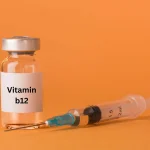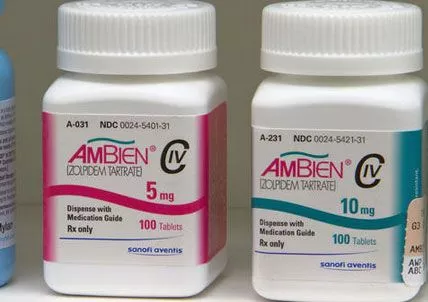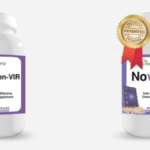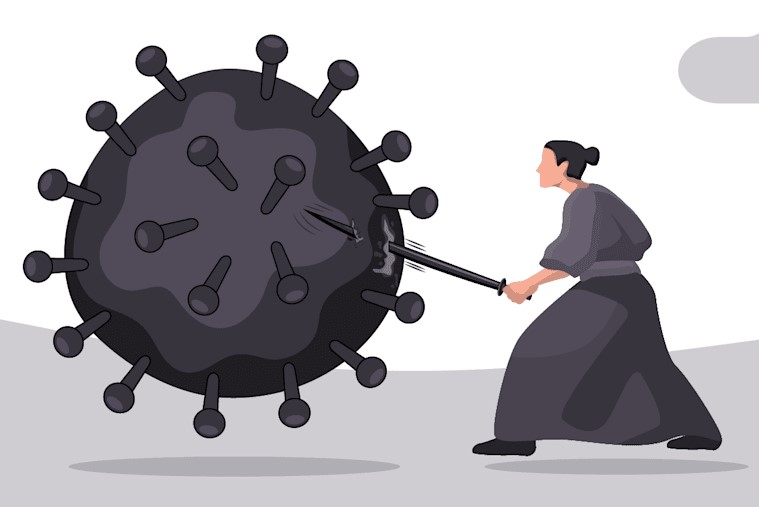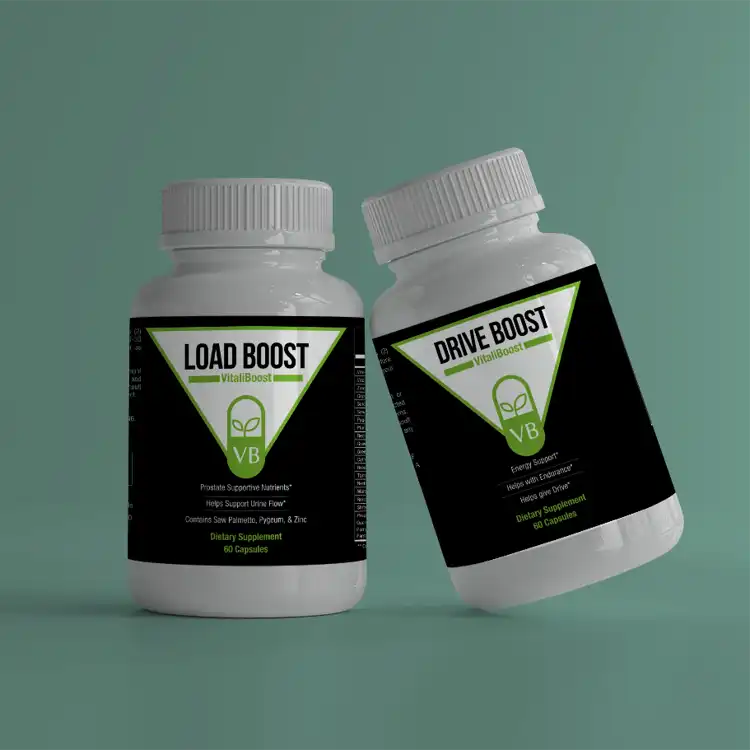Have you been thinking about going to rehab but you’re not sure you’re ready to take the next step?
Your reluctance could be caused by a fear of the unknown – you simply don’t know that much about rehab. What’s it like? What happens during treatment? What all does it include?
If this describes you, then keep reading. We’ll give you a rundown of the basics, so you’ll know just what to expect when you sign up for rehab.
Evaluation and Assessment
The first step of the process is evaluation and assessment. Staff at the rehabilitation facility will take all kinds of information from you about a variety of topics including your medical history, family background, history with drugs and alcohol, etc.

They will also conduct a physical exam. All of this information allows the staff to create an effective drug treatment program for you.
Detoxification
The next step is detoxification. During detox, your body is purged of all the drugs you’ve ingested. This step is necessary before the next phase of treatment can begin.
The detoxification period can last anywhere from two or three days to two weeks, depending on the type and strength of drugs you’ve been using. This phase will be challenging, but your withdrawal symptoms will be well-managed by the staff so that you don’t experience too much discomfort.
Counseling
After you have successfully detoxed, you will be scheduled to participate in multiple counseling sessions.
These sessions include meeting one-on-one with a trained therapist who specializes in addictions counselling. With your therapist, you will look into the roots of your addition, its causes, your personal triggers, etc.
You also will take part in group therapy sessions with other participants. Not only do these meetings offer ongoing support and accountability, they also help teach you how cope with life without relying on drugs.
Education
Educational programs are a core component of any drug treatment program.
During your time in rehab, you will be taught more about the nature and dynamics of addiction. You will learn about the effects that drugs and alcohol have on the body, the consequences of continued addiction, and how it affects others in your life.
Family Meetings
Regular meetings with family members are sometimes included in your drug treatment plan. According to research, including family members and friends in the process leads to a higher success rate.
Friends and family members can learn a lot from being part of the treatment process. Just like you, your loved ones will also learn about the causes, development, and consequences of addiction. They will also be taught how to help and encourage you in your recovery and how to work towards healing themselves.
Aftercare
The typical rehab program lasts about 28 days, but treatment doesn’t stop when you leave the facility.
The most successful drug treatment programs include a strong aftercare component. Aftercare will likely include weekly appointments with your therapist, required attendance at a12-step meeting, and other recommendations made by your counselor based on your individual needs.
Take the Next Step
Asking for help can be scary. It’s sometimes hard to admit that you can’t do it by yourself. But there are proven treatments ready to get you on the right track.
All you need to do is take the next step and contact a reputable rehabilitation facility. Send them a message or give them a call. Help and a new future are waiting for you.
It’s a decision you won’t regret making.

Karen is a health blog author who has been writing about healthy living since 2013. She started her journey by adopting a vegan diet and eating only organic foods, but the more she learned, the more she realized that we should all be eating plant-based diets exclusively. As an expert in nutrition and wellness, Karen blogs to educate readers on how they can live happier and healthier lives through food choices!


